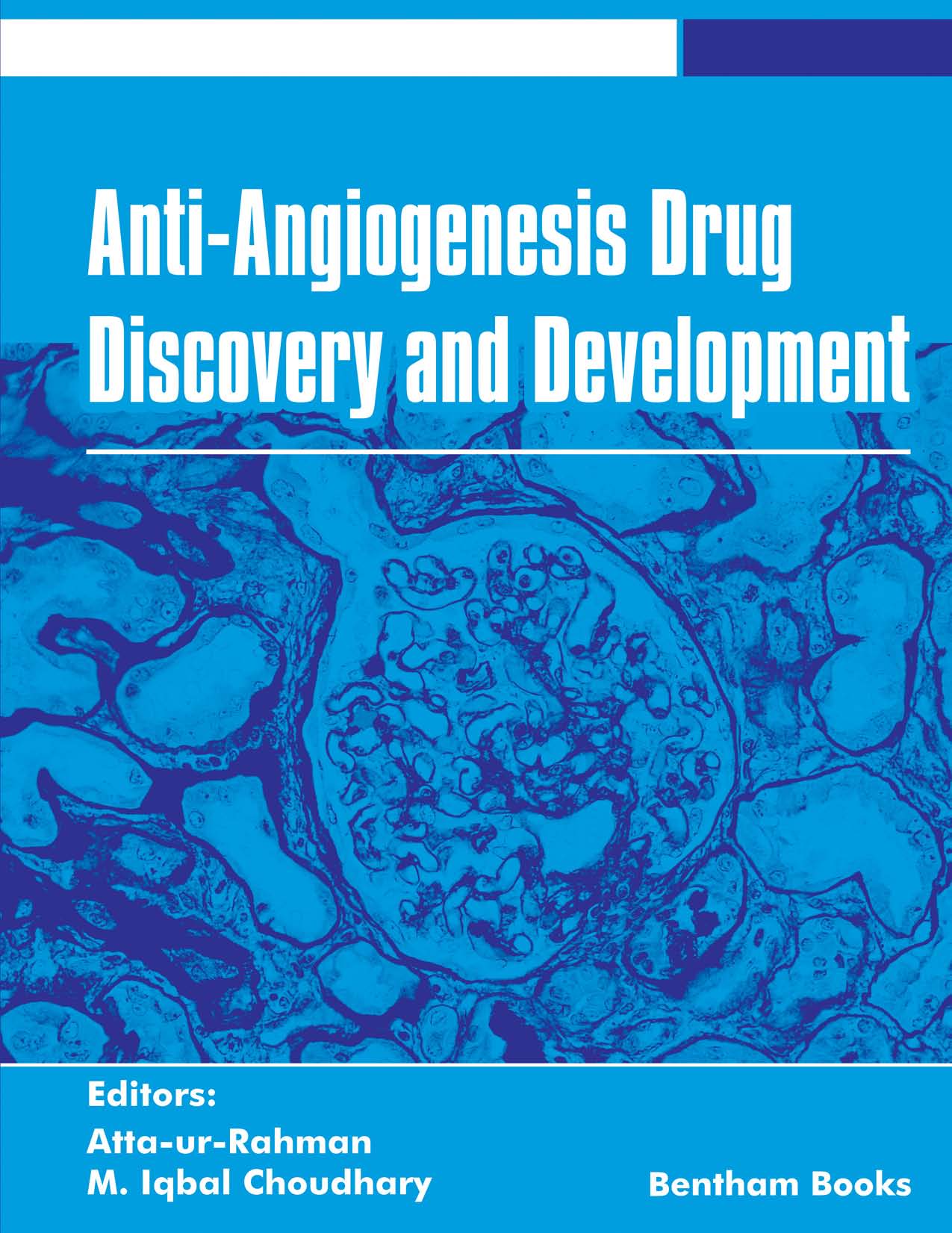Preface
Angiogenesis, formation of new blood vessels, is one of the most vigorously studied processes due to its central place in normal physiology and in the on-set of diseases. Imbalance in tightly regulated angiogenesis leads to complex chronic disorders, especially solid tumors and other malignancies. A complex cascade of angiogenic signaling molecules, including vascular endothelial growth factors (VEGF), is involved that has attracted immense scientific interest as possible drug targets. Several inhibitors of angiogenesis have been developed and extensive preclinical and clinical studies are underway.
The book series “Anti-angiogenesis Drug Discovery and Development” covers a broad range of topics focusing on the development of anti-angiogenic agents and their mechanisms of actions. Volume 5 has five comprehensive reviews, contributed by leading experts in these fields. These reviews broadly cover various important drug targets, and new classes of anti-angiogenic therapies for the prevention or treatment of cancers.
The review by Mabeta et al focuses on complex molecular mechanisms of angiogenesis, and their role as drug targets. Therapeutic approaches that target multiple pathways and components of the microenvironment as well as those normalize the vasculature, are explored. In addition, applications of noninvasive imaging to monitor the effects of AIs on tumor vessels is discussed. The review of Khan et al. focuses on various types of antiangiogenic agents, biochemical, chemical, and recombinant, in clinical trials or those recently approved against breast and prostate cancers and their respective mechanisms of action.
Microorganisms have been rich sources of biologically active molecules since the discovery of penicillin. Khurshid et al have reviewed the recent literature on innovative approaches involving microbe-based anti-angiogenic anti-cancer therapeutics. These include DNA vaccination, bactofection, alternative gene therapy and RNA interferences, as well as genetically modified bacteria as antiangiogenic agents. Soleimanjahi and Ala Habibian have contributed a comprehensive review on various classes of antiangiogenic agents which target powerful regulators that play a crucial role in cell proliferation and tumor microenvironment. These agents include VEGF inhibition, mesenchymal stem cells (MSCs) as vehicles for antiangiogenic agents, use of oncolytic viruses which selectively replicate in tumor cells, etc. Last but not the least, the review of Costa et al covers recent progress on coumarin- and chromene-based anticancer agents. Chromenes and coumarins are naturally occurring polyphenolic compounds, which are known to regulate the expressions of VEGF, matric metalloproteinases (MMPs), and receptor tyrosine kinases (RTKs) signaling pathways. Many of them are in various stages of development.
We would to express our gratitude to all the authors of above cited review articles for their excellent scholarly works in this dynamic and exciting field of biomedical and pharmaceutical research. The efforts of the excellent team of Bentham Science Publishers for the timely production of the 5th volume are greatly appreciated particularly the efforts of Ms. Mariam Mehdi (Assistant Manager Publications), and Mr. Mahmood Alam (Director Publications). We hope that the efforts of the contributing authors, and the production team will help readers in gaining a better understanding of this important area of biomedical research.
Prof. Dr. Atta-ur-Rahman FRS
Kings College
University of Cambridge
Cambridge
UK
&
Prof. Dr. M. Iqbal Choudhary
H.E.J. Research Institute of Chemistry
International Center for Chemical and Biological Sciences
University of Karachi
Karachi
Pakistan

